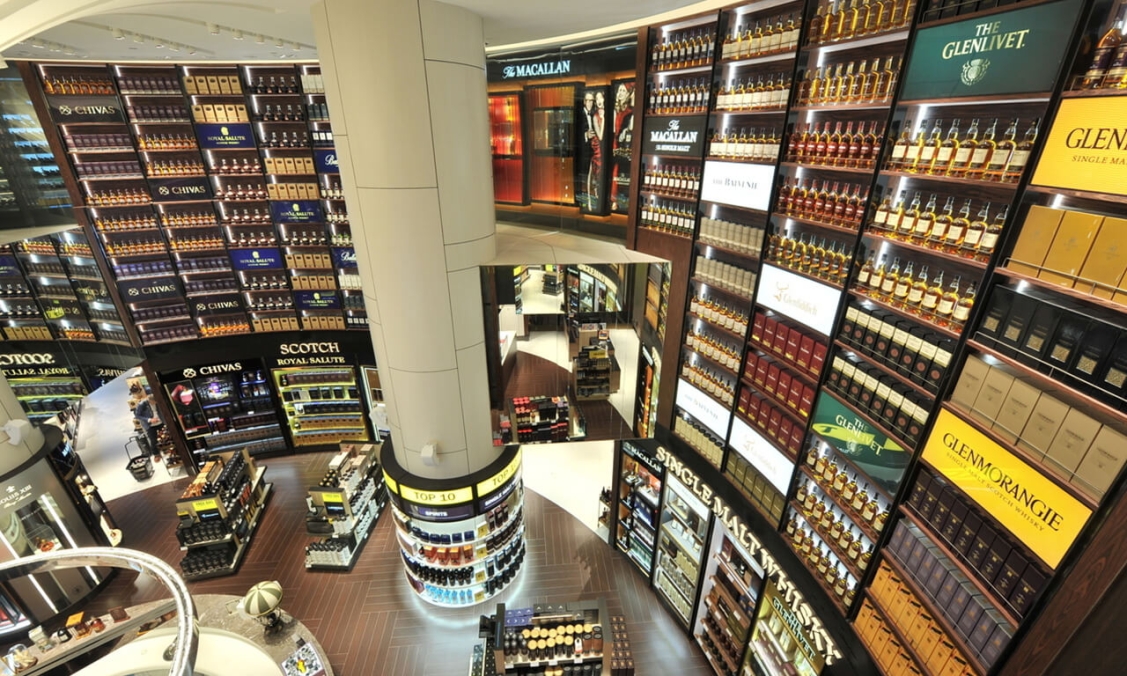
Here's how retailers can tap Singapore's wealthier customers
Consumers are expected to spend $30.8b on recreation in 2018-2022.
Singapore’s traditional bricks and mortar retail sector is already overcrowded, but the country offers opportunities for companies with a premium focus, BMI Research said.
According to a report, Changi Airport's Duty Free Shop (DFS) opened a 167 sqm store at Terminal 4 in November 2017 which offers consumer-focused experiences like learning the basics of cocktail making at The Cocktail Bar and showcasing of craft beers and spirits from all over the world at The Craft Collection.
Diageo’s scotch whiskey brand, Johnnie Walker launched Johnnie Walker Home, an invitation-only suite that allows guests to learn, taste and purchase a variety of high-end spirits. The space is one of the 26 suites in the world and the first in Southeast-Asia.
Gik, the Spanish company made famous for its blue-coloured wines, will be selling its wines via Singapore online grocery delivery platform- Redmart and Blue Willow, a blue-themed café new to offering up the drink.
BMI Research said the launches of these exclusive retail spaces is trying to tap into Singapore's population that's becoming wealthier.
Singapore’s total household spending per capita is forecast to reach $37,611 (US$28,443) in 2022, the highest in the Southeast Asia region leading by a significant margin. Second-ranked Malaysia’s total household spending per capita is forecast to reach only $12,341 (US$9,333) in the same period.
Moreover, the majority of households in the lion city fall into the upper-income segment, with 66% of the country’s households set to be included in this basket by 2022.
"Non-essential spending categories in Singapore’s consumer spending breakdown will outshine essential spending categories due to this growth we have highlighted in high disposable income levels," BMI Research team said.
The strongest growth in this non-essential spending category is recreation and culture spending, which is estimated to expand by an average of 8.2% annually over 2018-2022, reaching $30.8b in 2022.
"This growing consumer focus is in line with our global view on consumer trends, specifically in developed states, shifting towards spending on ‘shareworthy’ experiences and other leisure activities," the team added.
This trend is being driven by the millennial age group, (20-39 years old) of which Singapore, boasts 1.6 million and a consumer age group that accounts for 27% of the total consumer base, based on 2018 estimates.
"Retailers wishing to tap into this growth in spending in recreation and culture will need to embrace consumers desire for experiences and so must move away from the traditional bricks and mortar offering," BMI Research concluded.
























 Advertise
Advertise






